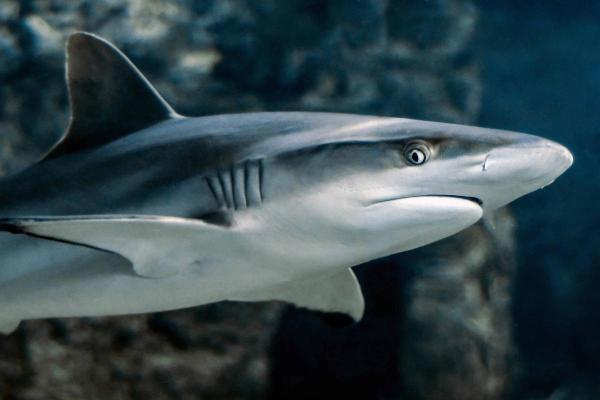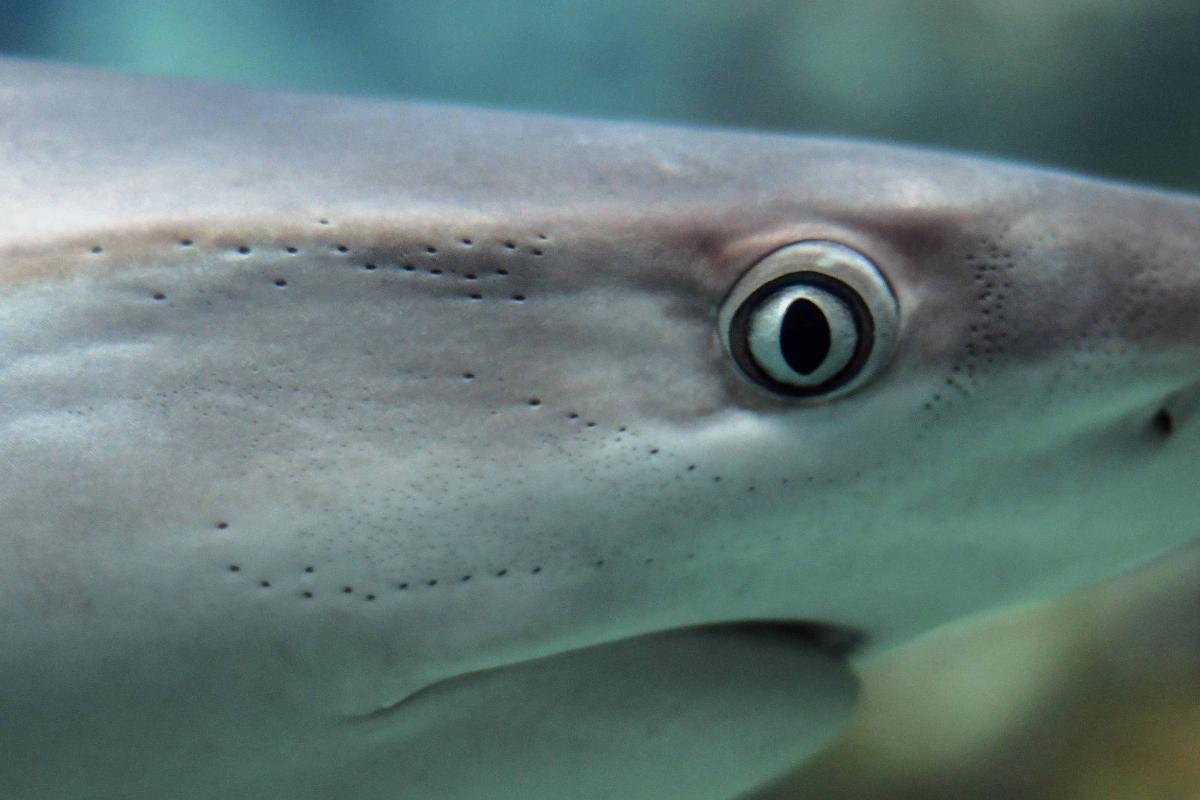Are Sharks Blind?


Sharks are renowned as apex predators, occupying the top of the marine food chain. Sharks possess a wide range of adaptations that contribute to their survival and success. These include their streamlined bodies, powerful jaws filled with sharp teeth, excellent senses (such as smell and electroreception), and efficient swimming abilities. But, what about their vision?
In the following article by thedailyECO, we delve into a frequently asked question: Are sharks blind? We aim to clarify this misconception and shed light on the fascinating topic of shark vision.
Are sharks blind?
No, sharks are not blind. In fact, they have well-developed eyes and are capable of seeing their surroundings. Sharks have evolved with highly specialized visual adaptations that enable them to navigate their marine environment and locate prey.
While the visual acuity of sharks may vary among different species, they generally have good eyesight. They possess a layer of tissue called the tapetum lucidum.
The tapetum lucidum, a reflective layer of tissue found behind the retina. It helps enhance their vision in low-light environments by reflecting light back through the retina, increasing the chances of capturing available photons. This adaptation allows sharks to be effective hunters, especially during dawn and dusk when light levels are lower.
However, it is worth noting that some shark species have adaptations for other senses that are equally, if not more, important for their survival. While vision plays a role in a shark's sensory repertoire, their perception of the world is not solely reliant on their eyesight. Sharks rely on a combination of visual, olfactory, and auditory cues to thrive in their marine habitats.
For example, many species have an exceptional sense of smell, using specialized olfactory organs called olfactory bulbs to detect prey and navigate their environment.
Additionally, sharks have an acute sense of hearing that enables them to detect vibrations and low-frequency sounds in the water.
What are shark eyes like?
Shark eyes are highly developed and share similarities with the eyes of other vertebrate animals. The structure of shark eyes includes various components that contribute to their remarkable functionality:
- Sclera: the outermost layer of the eye, the sclera, helps maintain the eyeball's shape. In sharks, it is reinforced by small bony plates called "ossicles of the sclera" and is further strengthened by calcified cartilage, a distinctive feature of these cartilaginous fish. At the front, the sclera gives rise to the transparent cornea.
- Choroid: located next to the retina, the choroid plays a crucial role in supplying oxygen and nutrients to the eye. Some shark species possess a remarkable adaptation known as the "tapetum lucidum," a reflective screen within the choroid. This structure reflects scarce light rays in low-light conditions, stimulating the retina's photocells and even causing certain shark species' eyes to emit a glow in the dark when illuminated.
- Ciliary body: the ciliary body supports the positioning of the eyes through suspensory ligaments and enables eye movement via retractor muscles that connect to the lens.
- Iris: the iris functions as a diaphragm, regulating the amount of light entering the eye. In environments where light is scarce, such as the depths inhabited by some sharks, the iris contracts, causing the pupil to dilate and allowing more efficient light capture. Conversely, when sufficient light is available, the iris relaxes, and the pupil contracts. The pupil itself is not a separate structure, but a defined aperture formed by the free edges of the iris.
- Retina: the innermost layer of the eye is the retina, housing the photoreceptor cells responsible for vision. The ratio of cones to rods in the retina varies among species and is influenced by their habitats and habits. Sharks that inhabit shallow waters typically possess both cones and rods, enabling them to perceive colors. In contrast, sharks inhabiting deep waters have few or no cones, indicating monochromatic vision primarily relying on rods.
It is important to note that sharks lack eyelids and therefore cannot close their eyes in the conventional manner. However, they have the ability to roll their eyes back into the protective socket. Additionally, some shark species possess a translucent nictitating membrane capable of safeguarding the eyeball.

How do sharks see?
As mentioned before, sharks possess a visual system that is well-suited for their marine environment and predatory nature. Their eyes play a vital role in detecting prey, navigating their surroundings, and ensuring their survival.
Their eyes are specialized to detect movement and contrast, enabling them to spot potential prey and react swiftly. The lateral placement of their eyes on the sides of their head provides them with a wide field of view, granting them an overall perspective of their surroundings. However, their vision lacks binocular overlap, making their vision primarily monocular. Each eye focuses on a specific area, contributing to their ability to detect movement in their environment.
While sharks have a limited range of color vision compared to humans, they are still capable of perceiving contrasts and patterns. They possess only one type of cone photoreceptor, sensitive to green light, which limits their ability to distinguish between different colors. However, they compensate for this with their excellent motion detection and contrast sensitivity, enabling them to detect movement and spot potential prey even without vibrant color vision.
As mentioned early, sharks also rely on other senses, such as their highly developed sense of smell and their ability to detect vibrations and low-frequency sounds in the water. These sensory adaptations work in conjunction with their visual system, allowing them to navigate their environment effectively and locate prey.
You might be interested in this other article, where we explore the differences between the false killer whale vs. orca.
If you want to read similar articles to Are Sharks Blind?, we recommend you visit our Facts about animals category.
- Benigno, E., & Almodóvar, A. (2011). "Sharks are color blind." Available in:
- https://www.ucm.es/data/cont/docs/568-2013-12-15-13-2011.pdf
- Hickman, C.P., Roberts, L.S., & Larson, A. (1994). "Zoology: Integral Principles".
- Kardong, KV (2007). "Vertebrates: comparative anatomy, function, evolution".






